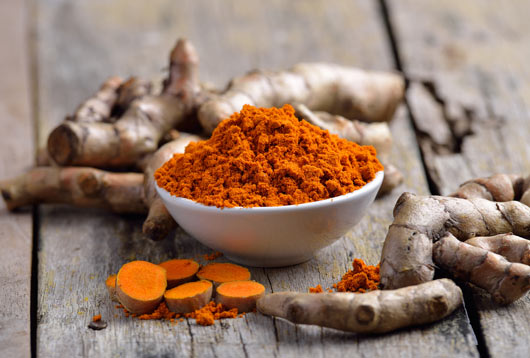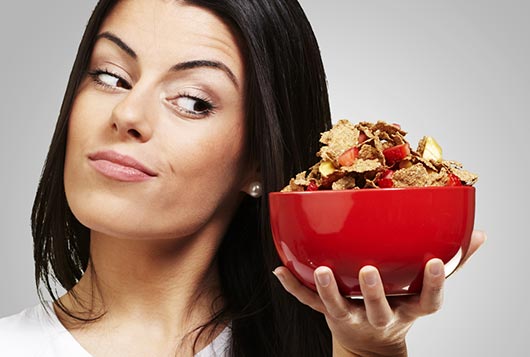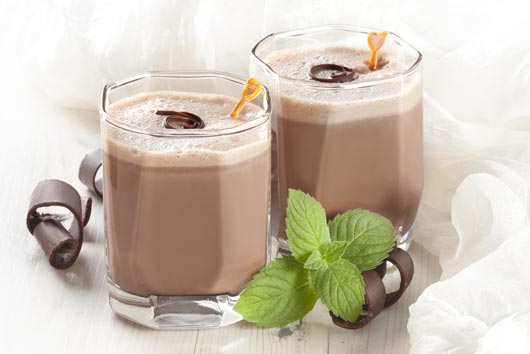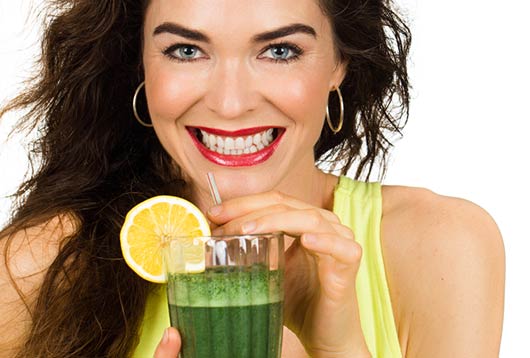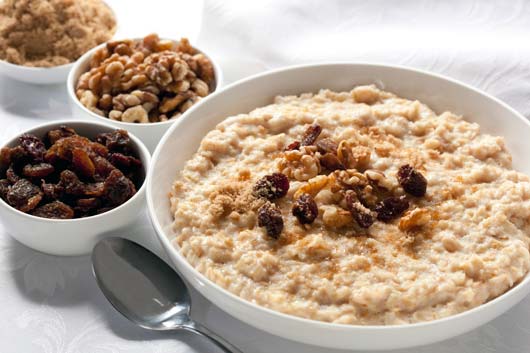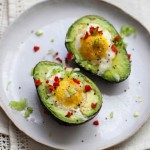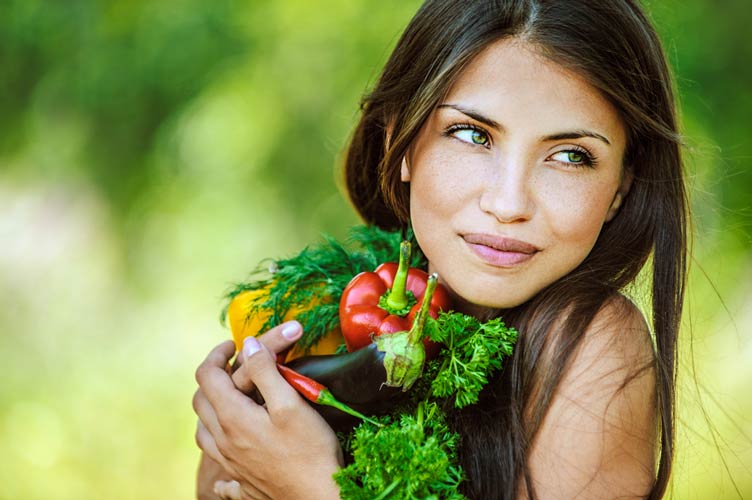
It would be wonderful to be able to afford to buy all organic food but, as healthy and environmentally friendly as it is, few of us have the budget for it. It turns out that organic versus non-organic isn’t always so cut-and-dried. Even the terminology can be a bit confusing, so here’s a look at how to know when organic foods are worth the splurge.
Organic and natural are not the same thing. Natural just means there are no artificial ingredients. Organic and local aren’t the same either. Local food is grown or prepared fairly close to where you live. Locally sourced food is fresher so it’s less likely to have preservatives but it’s not necessarily organic. Likewise, organic food isn’t necessarily local.
Read Related: Buying Organic Food on a Budget
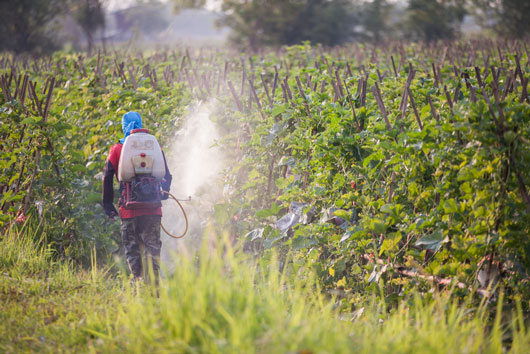
So what exactly does organic mean? According to Organic.org, “Simply stated, organic produce and other ingredients are grown without the use of pesticides, synthetic fertilizers, sewage sludge, genetically modified organisms, or ionizing radiation. Animals that produce meat, poultry, eggs, and dairy products do not take antibiotics or growth hormones.” Labels with the USDA Organic Seal, are certified to be at least 95% percent organic. Pesticides are the major concern with produce. Antibiotics, hormones, pesticides and animal welfare are the biggies with meat.
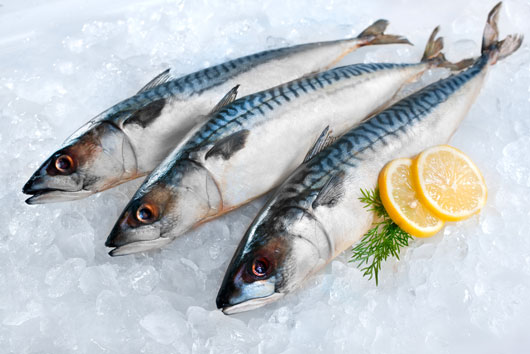
Studies have found that organic milk is no better than regular milk. As far as eggs go, free-range is generally better than organic and cage-free. Organic eggs can come from caged chickens in factories while cage-free chickens may still live entirely indoors and in over-crowded areas — they’re just not in individual cages. Free-range means the chickens have a happy life roaming around in the sunshine. With fish, it’s farm-raised vs. wild-caught. Farm-raised fish aren’t exposed to the same pollutants (like mercury) as wild-caught but they can be less eco-friendly. The Seafood Watch smartphone app is an excellent resource for guiding you through your fish selections.
Organic produce is always the best choice but some non-organic fruits and veggies contain higher levels of dangerous pesticides than others. Most produce with thick skin or skin that you don’t eat tends to be safer. The Environmental Working Group has a handy guide with the top Dirty Dozen fruits and vegetables that you should always buy organic and the top Clean Fifteen which are safer.
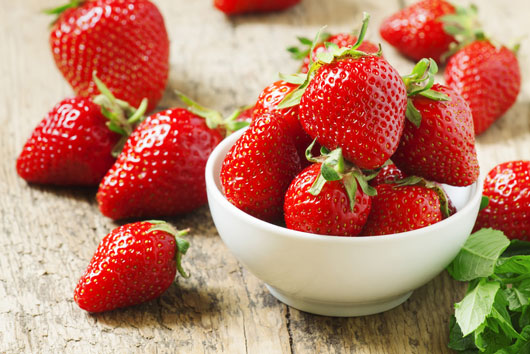
The Dirty Dozen
Apples
Peaches
Nectarines
Strawberries
Grapes
Celery
Spinach
Sweet Bell Peppers
Cucumbers
Imported Snap Peas
Potatoes
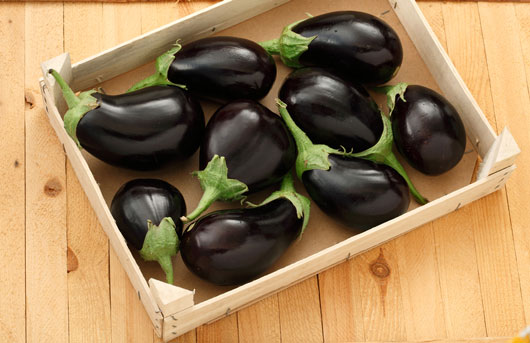
The Clean Fifteen
Avocados
Sweet Corn
Pineapples
Cabbage
Frozen Sweet Peas
Onions
Asparagus
Mangos
Papayas
Kiwi
Eggplant
Grapefruit


